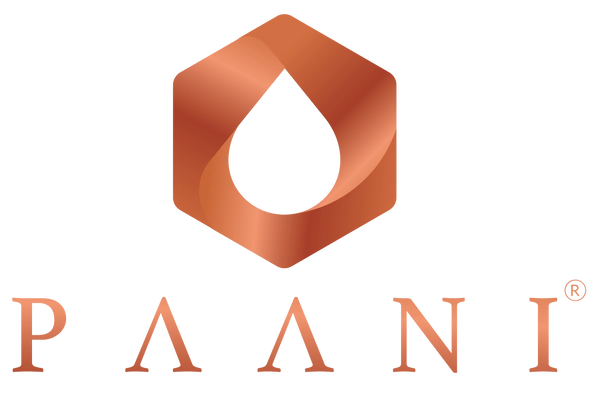OUTBREAK OF CRYPTOSPORIDIOSIS IN SOUTH DEVON, UK: WHAT YOU NEED TO KNOW
A recent outbreak of cryptosporidiosis has affected the drinking water supplies in South Devon, United Kingdom, leaving 16,000 residents unable to use their tap water without boiling it. This situation has arisen after contamination, potentially caused by cow faeces leaking into the water pipes, has led South West Water to issue a boil water advisory. While efforts to resolve the issue are underway, it's crucial to understand the implications of this waterborne disease and the necessary precautions to take.
What is Cryptosporidiosis?
Cryptosporidiosis, often shortened to crypto, is an illness caused by the parasite Cryptosporidium. This microscopic organism is commonly found in water sources contaminated with the faeces of infected animals or humans. The infection can be contracted by drinking contaminated water or by swallowing water while swimming in contaminated pools or natural water bodies.
Symptoms of Cryptosporidiosis
The symptoms of cryptosporidiosis typically appear between one to twelve days after exposure and can include:
- Profuse watery diarrhoea
- Stomach pains
- Nausea or vomiting
- Low-grade fever
- Loss of appetite
While most people recover within two weeks, the illness can persist for up to six weeks or longer, especially in individuals with weakened immune systems. It's common for symptoms to fluctuate, with periods of seeming recovery followed by a return of symptoms

Treatment and Prevention
There is no specific medication to treat cryptosporidiosis. The primary focus is on supportive care, which includes:
- Hydration: Drinking plenty of fluids is essential to prevent dehydration. Oral rehydration solutions may be recommended to replace lost electrolytes.
- Medical Advice: Severe symptoms, such as bloody diarrhea, warrant immediate medical attention. Contact NHS 111 or your GP for guidance.
- Laboratory Testing: To confirm a diagnosis, a stool sample must be tested in a laboratory.
Boil Water Advisory
In response to the outbreak, South West Water has advised residents to boil tap water before consumption. Boiling water kills Cryptosporidium and other harmful pathogens, making it safe to drink. We at Paani recommend to boil the water and let it cool down, later to place into a reusable Paani Copper Water Bottle for the extra layer of protection
Coppers Relation With Water and Its Historical Significance
Copper-infused water has been heralded for its wellness benefits and antimicrobial properties, a practice that dates back thousands of years. This ancient wisdom, particularly prevalent in Indian culture, is known as "Tamra Jal," where "Tamra" means copper and "Jal" means water in Sanskrit. The recent outbreak of cryptosporidiosis in South Devon has brought renewed interest in traditional methods of purifying water, such as using copper vessels.
Copper is a trace element essential to human wellness , known for its antimicrobial properties. Studies have shown that a Paani Bottle can effectively kill a variety of harmful bacteria and viruses, including E. coli and Klebsiella pneumoniae. When water is stored in a copper vessel, copper ions leach into the water, providing a natural purification process. This process helps in:
- Killing Harmful Pathogens: Copper can destroy bacteria, viruses, and fungi, making the water safer to drink.
- Improving Digestive Wellness : Copper-infused water can stimulate peristalsis, reduce inflammation, and aid in the absorption of nutrients.
- Balancing Hypertension: Regular consumption of copper-infused water can help in regulating blood pressure and heart rate.
- Anti-Inflammatory Properties: Copper’s anti-inflammatory properties can help in reducing arthritis and joint pain.

Modern Relevance of Copper-Infused Water
The resurgence of interest in copper-infused water is not merely a nostalgic return to ancient practices but is supported by modern scientific research. In the context of the cryptosporidiosis outbreak in South Devon, using copper vessels to store drinking water could provide an additional layer of protection against pathogens. However, it is important to note that while copper can kill many bacteria and viruses, its efficacy against Cryptosporidium specifically has not been established. Therefore, boiling water as advised by wellness authorities remains crucial.
Conclusion
Copper-infused water, or Tamra Jal, is a testament to the enduring wisdom of ancient practices, now supported by scientific validation. While it can be an effective way to enhance water quality and promote wellness, it should complement rather than replace modern safety measures, especially during outbreaks of waterborne diseases like cryptosporidiosis. By combining ancient wisdom with modern practices, we can ensure safe and wellness drinking water.
